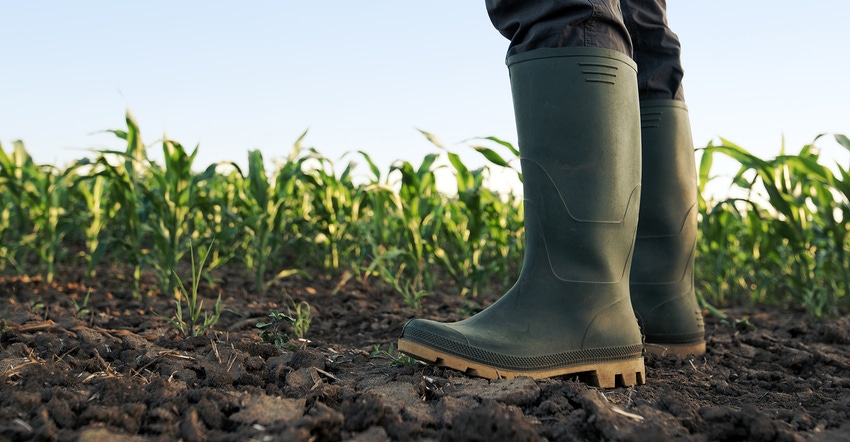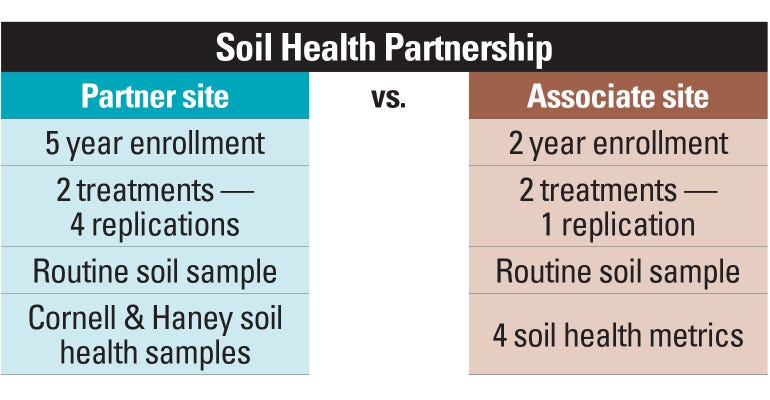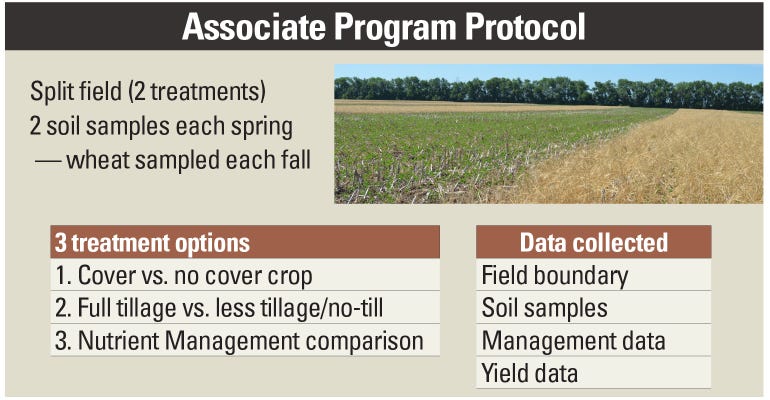
The Soil Health Partnership is adding associate members to its growing farmer-based research group.
Last year, the associate pilot program had 25 farmers. “We just dipped our toe in the water to see how it might work,” says Jack Cornell, SHP field team director.
Then the focus was on the I-states of Iowa, Illinois and Indiana. While the target area is once again in the heart of the country, the group is expanding to include states such as Missouri and North Dakota.
The program is a scaled-down version of the current five-year commitment by SHP full partners. The target is to add roughly 50 associate members.
There are a few differences in the overall scope of an associate SHP farm as shown in the table below.

Many of the new associate members will be within the same region of existing SHP farms.
“This allows us to create a network within a region to create tailored recommendations to the area,” Cornell says. “A lot of satellite locations, they (SHP partners) are the only person in the whole county planting cover crops.”
Increasing the number of growers to a region will increase the localized data, according to Cornell. It will also bring about collaboration in that area as well.
Associates are not held to the same standard as partner SHP farmers. For instance, full partners enroll anywhere from 20 to 80 acres where, for the most part, the size and layout of the field mirrors that of a postage stamp.
“We will not be as picky on size of field or how the farmer splits it,” Cornell says. “This group does not need to have it split down the middle.”
Still, there are certain requirements for farmers enrolled in the program as explained in the table below.

The benefits for farmers include receiving access to the SHP portal, agronomists, along with soil testing, and yield data analysis. They will also attend summer research meetings and visit with current full partners and other associates.
Cornell says the main goal of the new associate program is to allow more farmers to join the SHP network bringing about an opportunity to collect more science-based data to help farmers improve their environmental and economic sustainability on the farm.
For more information on the SHP associate program visit soilhealthpartnership.org.
About the Author(s)
You May Also Like






